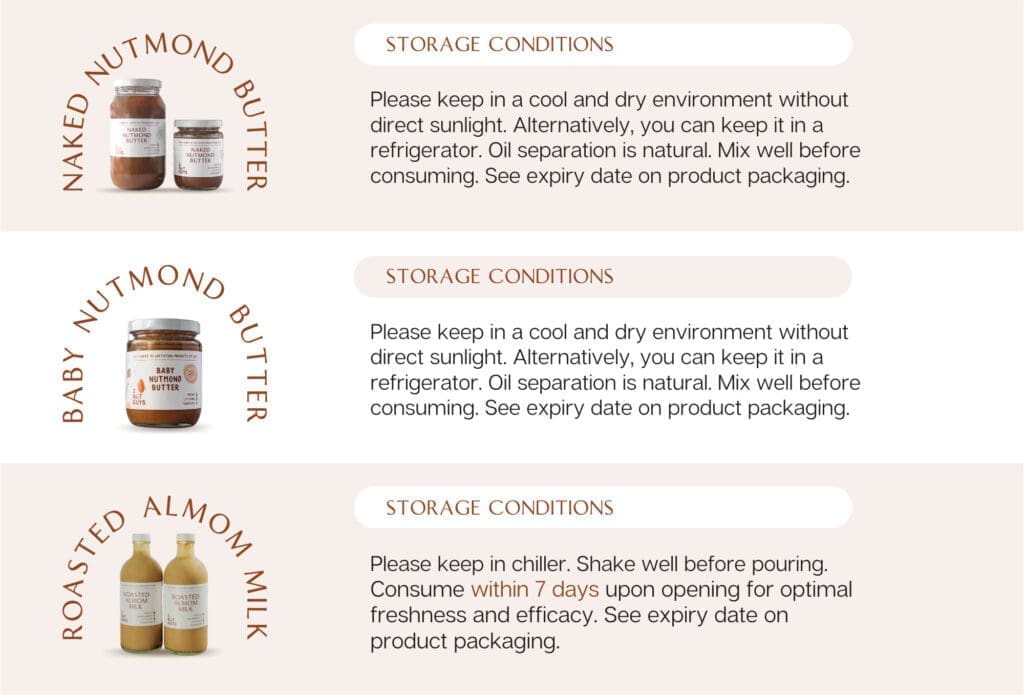
Gestational diabetes is a type of diabetes that develops only during pregnancy, usually after week 24. It is accompanied by unusually high blood sugar levels.
Any woman can develop gestational diabetes. However, if you are older than 35, have a family or personal history of diabetes or are overweight, you are at greater risk.
Poorly controlled or untreated gestational diabetes may put the mother and baby at risk of the following:
Risks for the baby
-
- Excessive weight at birth > 4 kg (macrosomia)
-
- Shoulder dystocia
-
- Foetal abnormalities
-
- Sudden foetal death
-
- Foetal respiratory distress syndrome
-
- Hypoglycemia after birth
-
- Jaundice after birth
-
- Risk of Type 2 diabetes later in life
Risks for the mother
-
- High blood pressure / preeclampsia and eclampsia during pregnancy
-
- Premature delivery
-
- Caesarean delivery
-
- Gestational diabetes in future pregnancy
-
- Risk of Type 2 diabetes in future
Below is a recommendation from 2NUTGUYS. If you have gestational diabetes or are a diabetic, please seek medical consultation from your doctor/dietician on how much you can consume.
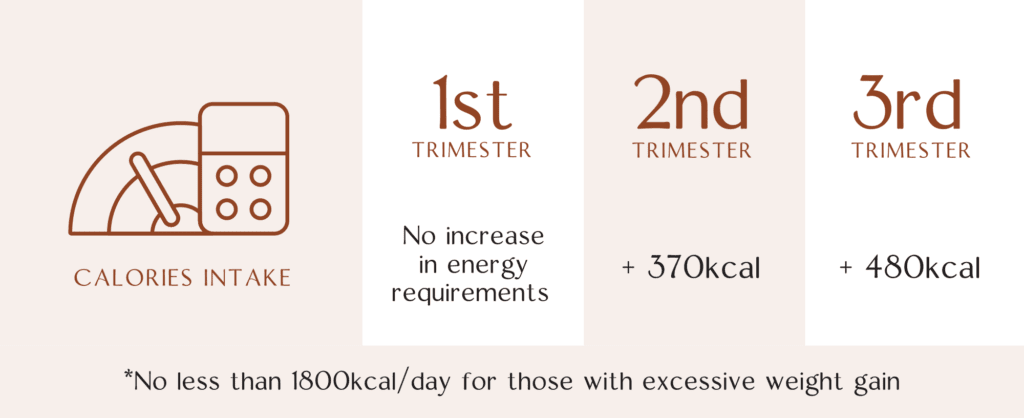
Distribution of calories intake:
It is important to manage gestational diabetes through proper diet and healthy nutrition. The emphasis lies on the proportion of carbohydrate, fat and protein in your daily intake to best regulate your blood sugar levels.
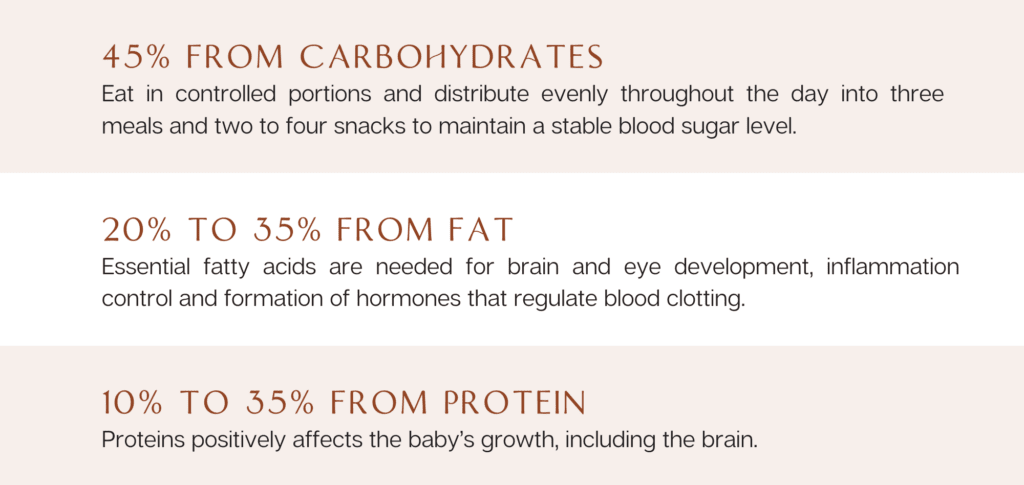
A low GI diet is associated with less frequent insulin use and lower birth weight than control diets, suggesting that it is an appropriate dietary intervention to be prescribed to patients with GDM.
WHAT’S IMPORTANT FOR YOU?

Carbohydrate is the main fuel of your body, providing energy to you and your growing baby’s cells. A minimum of 175 g carbohydrate per day is encouraged to provide glucose for your baby’s brain and to prevent ketosis.

Omega 3 is one of the essential fatty acids that is crucial for brain and eye development. Studies have shown that supplementation with omega-3 fatty acids during pregnancy may be beneficial for cognitive development in children.
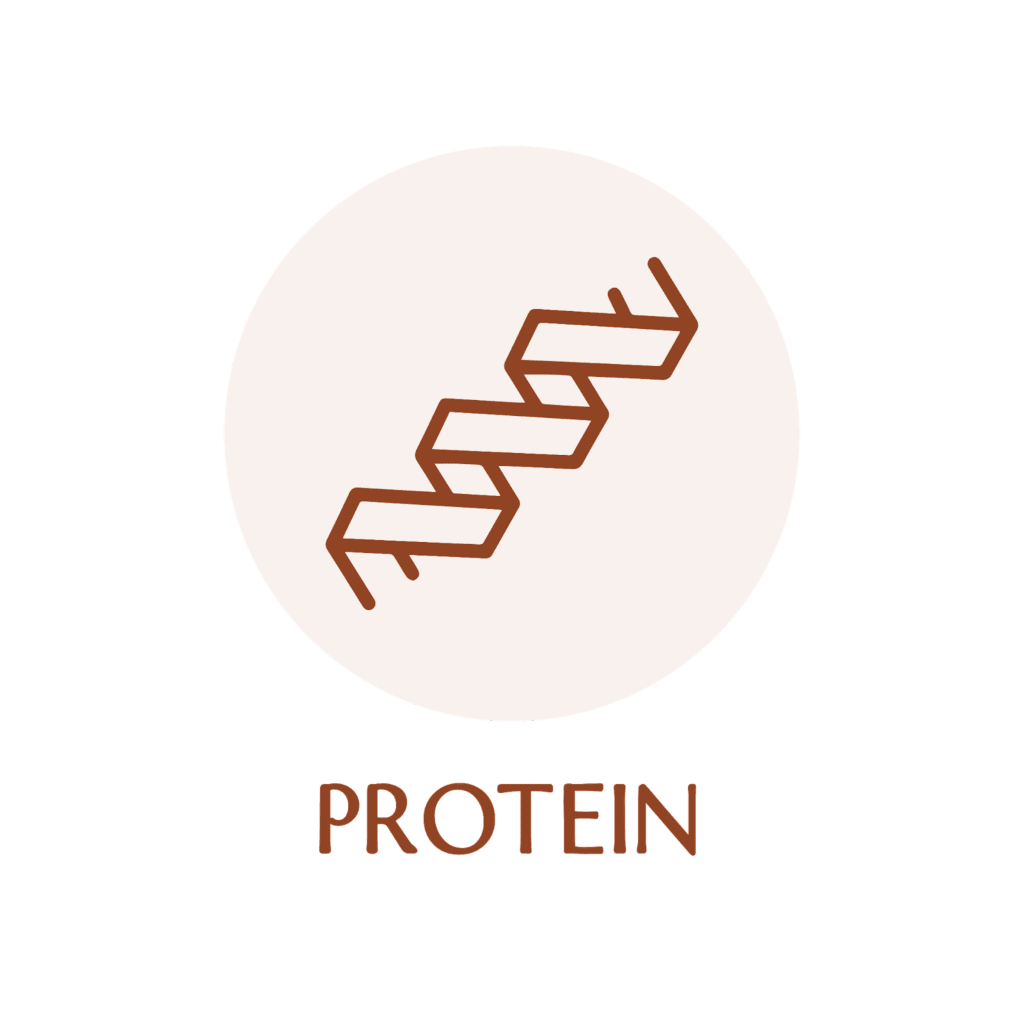
A good supply of protein helps to ensure optimal growth of your baby from the start. You require extra 9 g protein during pregnancy to support your baby’s growing tissues and your breast and uterine tissues growth during pregnancy. Consuming adequate amount of protein while pregnant also provides you with optimal nutrition to maintain lean tissue.

Studies have associated plant-based diets with healthy weight maintenance, lower risk of developing chronic diseases including diabetes, high blood pressure and high cholesterol as well as cancer prevention. An evidence-based review showed that vegetarian diets can be nutritionally adequate in pregnancy and result in positive maternal and infant health outcomes. The positive health benefits of plant foods are linked to dietary fiber, vitamins, minerals and phytochemicals content.

Iron aids in the formation of red blood cells and prevention of anemia in pregnant woman. Red meat, chicken, egg, fortified cereals, green vegetables, legumes and nuts are rich sources of iron.

Fibre prevents constipation which is very common during pregnancy. It also fills you up by increasing your satiation level without the unwanted calories, preventing excessive weight gain during pregnancy.

Avoid sugary drinks and fruit juices. Juices are high in sugar, causing blood sugar to rise quickly. Limit desserts like cakes, cookies, candies, and pastries. They are generally high in sugar and contain a lot of fat with little nutrition.
HOW DOES THE SUGARLESS SERIES BENEFIT YOU?
Both almonds and walnuts are low glycaemic index (GI) food, with high fibre, unsaturated fat and low carbohydrate (the nutrient that raises blood sugar levels) content. Studies have shown that nuts may even reduce the risk of Type 2 diabetes.

-
- High in energy (195 kcal) and protein (7.2g) per serving (30 g – 2 tablespoon)
-
- Zero trans-fat and cholesterol
-
- No sugar and salt added
-
- Fibre-rich (3 g per serving)

-
- High in energy (196 kcal) and protein (6.2 g) per serving (30 g)
-
- Zero trans-fat and cholesterol
-
- High in omega-3 fatty acids (1.3 g per serving) coming from walnuts and flax seeds
-
- No sugar and salt added
-
- Fibre-rich (2.5 g per serving)

-
- High in energy (282 kcal) and protein (10.5 g) per serving (150 ml)
-
- Fibre-rich (3 g per serving)
-
- No Sugar Added
-
- Zero trans-fat and cholesterol
RECOMMENDED Serving Per Day:
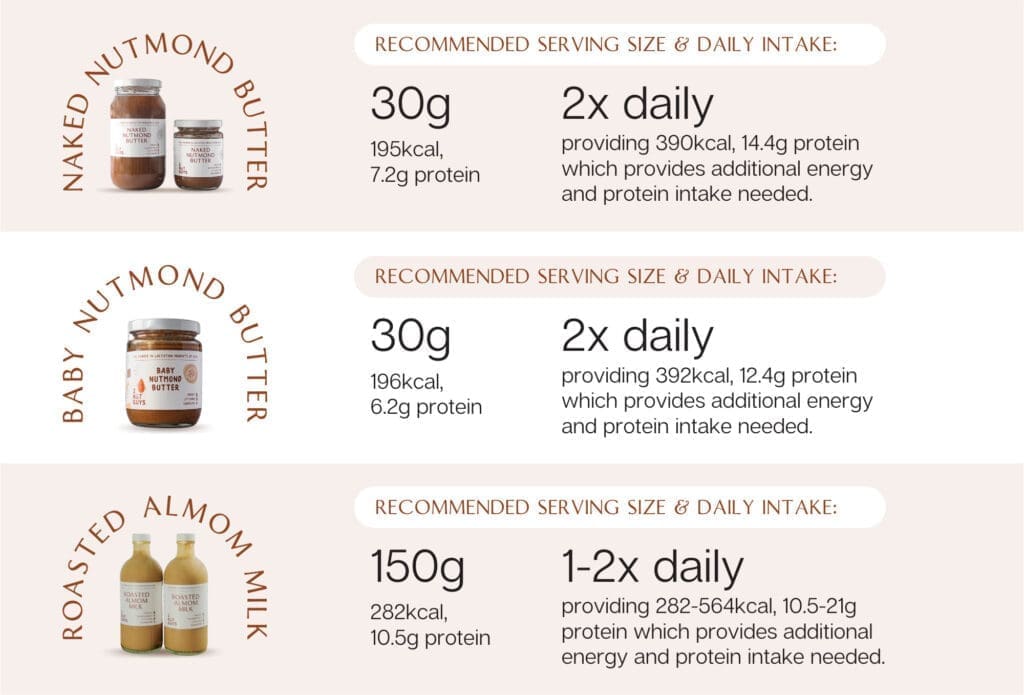
storage instructions
